Kabul, 12 Muharram 1437/25 Oktober 2015 (MINA) – Largely sidelined in politics, Kabul University is offering Afghan female students the country’s first Master’s degree gender and women’s studies, in a breakthrough in the Muslim-majority Asian country.
“There’s been a lot of change for women, but it’s not enough,” Zheela Rafhat, a high school teacher and one of 28 students enrolled on the two-year course, which will tackle subjects like gender and violence said, On Islam quoted by Mi’raj Islamic News Agency (MINA) as reporting.
“It’s better in the capital than in rural areas where there’s been a lot of fighting.”
Under Taliban, female education remained a thorny issue, where all women and girls were banned from public.
Also Read: Syria, Jordan Condemn Netanyahu’s Visit to Occupied Syrian Buffer Zone
While millions of girls have gone back to school in the last 14 years, access to higher education has been limited.
The new Master’s degree was praised for helping spread awareness and sending people into the workforce who can promote equality.
Eighteen women and ten men have enrolled in the program.
The course is funded by South Korea and run by the U. Development Program in coordination with the government.
Also Read: UNIFIL Reports Over 7,300 Israeli Violations of Lebanese Airspace Since Ceasefire
Therefore, it has garnered some criticism from people who saw the course amounts to little more than another misguided foreign intervention.
“Some people don’t take it seriously,” said Nargis Nazer Hossain, a 21-year-old student from Kabul.
“They think it’s in the interest of foreigners.”
The approval of the course was given only months after being presented to the Ministry of Higher Education, said Ghulam Farooq Abdullah, dean of the university’s Faculty of Social Sciences.
Also Read: Russia Condemns UN Gaza Resolution, Says It Contradicts Palestinian Statehood
Abdul Bari Hamidi, an Islamic studies professor and a member of the ministerial committee that approves new graduate programs, said he objected to the course because it promoted gender equality.
“There is no gender equality in Islam,” Hamidi said.
“In family affairs, the head of the family must be a man, and being an Imam (Islamic spiritual leader) is limited to men.”
Lecturers defied the criticism, assuring that they will keep Afghanistan’s cultural context in mind while addressing the topic.
Also Read: Israeli Airstrike on Palestinian Refugee Camp in Lebanon Kills 13
“This is teaching by Afghan colleagues, Afghan professors, according with our reality and our society,” said Nasrullah Stanekzai, a law professor who taught the first day of class on Monday.
The location of the course is also expected to draw fire, keeping in mind that Kabul University has been the stage for heated protests against women’s rights.
In 2013, hundreds of students marched against the Elimination of Violence Against Women law, objecting to its secular foundations.
“There are students at Kabul University with radical ideas, but it’s not rampant,” said Ahmad Zia Rafhat, a journalism lecturer.
Also Read: UN Security Council Adopts US-backed Resolution to Deploy International Force in Gaza
“Some of the students come to the university from provinces where the Taliban have a bigger influence.”
Yet, students taking the course anticipated its launch.
“I think it’s a good thing,” said Mushtaba Danish, a third-year undergraduate.
“Men need the expertise for the future.” (T/P006/R04)
Also Read: UNIFIL Condemns Israeli Tank Fire Targeting Peacekeepers in South Lebanon
Mi’raj Islamic News Agency (MINA)





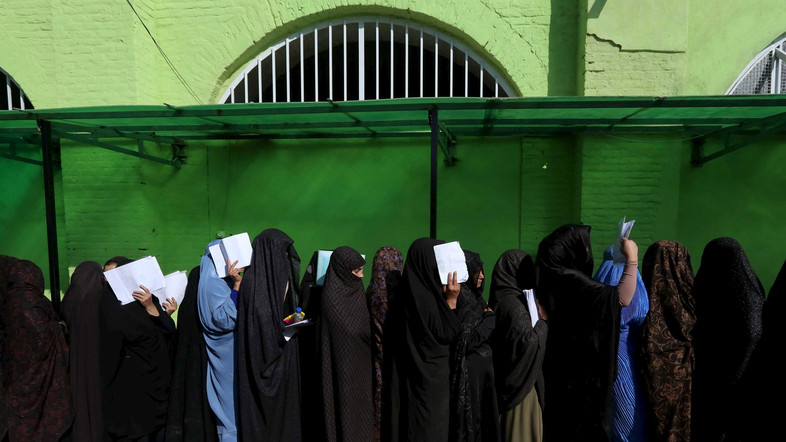










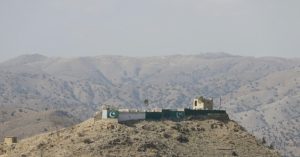

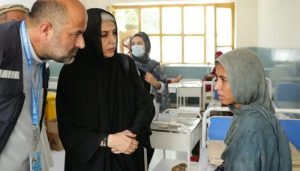
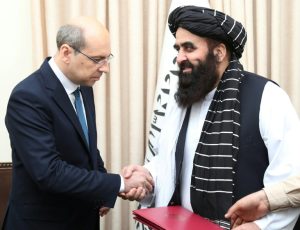
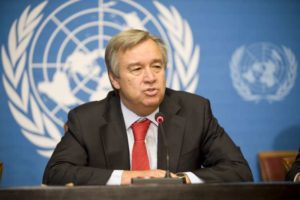














 Mina Indonesia
Mina Indonesia Mina Arabic
Mina Arabic